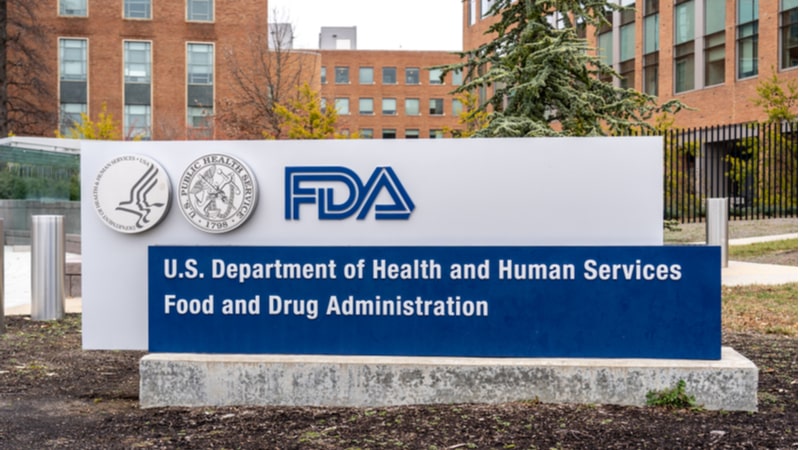
The U.S. Food and Drug Administration (FDA) wants to begin leveraging AI and ML in its drug development and approval processes but wants to first ensure that both the opportunities and challenges of the emerging technologies are fully explored.
Last week, the FDA announced the publication of a discussion paper – Using Artificial Intelligence and Machine Learning in the Development of Drug and Biological Products – to facilitate a discussion with stakeholders on the use of AI and ML in drug development to help inform the regulatory landscape in this area.
The FDA listed several examples of potential uses for AI/ML to enhance drug development, including to: help bring safe and effective drugs to patients faster; provide broader access to drugs and thereby improve health equity; increase the quality of manufacturing; enhance drug safety; and develop novel drugs and drug classes, as well as personalized treatment approaches.
“The use of AI/ML has the potential to accelerate the drug development process and make clinical trials safer and more efficient,” the 33-page paper reads. “However, it is important to assess whether the use of AI/ML introduces specific risks and harms.”
The administration profiled the concerns and risks surrounding the usage of artificial intelligence in drug development – including algorithmic biases and lack of transparency, among several other concerns.
Questions posed by the FDA and intended for public feedback are based on three topic areas: human-led governance, accountability, and transparency; quality, reliability, and representativeness of data; and model development, performance, monitoring, and validation.
The FDA and its collaborators are seeking comments by August 9 on the discussion paper from stakeholders – including academic groups, researchers, and technology developers.
Within the FDA, the agency’s Center for Drug Evaluation and Research (CDER), Center for Biologics Evaluation and Research, and Center for Devices and Radiological Health are collaborating to spearhead the investigation into incorporating AI with agency operations.
“As a public health regulatory agency, we hope to encourage the safe development of these technologies that are poised to help Americans gain quicker and more reliable access to important treatments,” CDER Director Patrizia Cavazzoni wrote in a blog published on May 10. “The FDA’s work also supports the Administration’s ongoing work to ensure technology improves the lives of the American people, while advancing a cohesive and comprehensive approach to AI-related risks and opportunities.”
